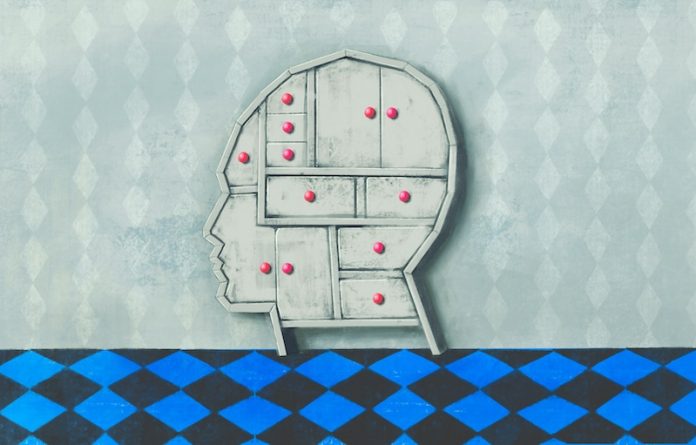
Dementia is a broad term used to describe a decline in mental ability severe enough to interfere with daily life, encompassing various conditions such as Alzheimer’s disease.
As populations age, the quest to find effective preventive measures has intensified.
One area of interest is the potential role of brain training games in preventing or delaying the onset of dementia.
This review will explore the current understanding of whether brain training games can be an effective tool in the fight against dementia, offering insights in straightforward language for ease of understanding.
Brain training games are designed to exercise the brain in specific ways, often targeting memory, problem-solving skills, attention, and processing speed.
These games are widely accessible on computers, tablets, and smartphones, making them a popular approach for those seeking to improve their cognitive function.
The premise is that by regularly engaging in these mental exercises, one can enhance their cognitive reserves, potentially staving off cognitive decline associated with conditions like dementia.
Research into the effectiveness of brain training games has produced mixed results, leading to a lively debate among scientists and health experts. Some studies suggest that these games can indeed lead to short-term improvements in specific tasks due to what is known as “practice effects.”
This means that regular practice of certain cognitive tasks can lead to better performance in those specific tasks. However, the critical question remains whether these improvements translate to general cognitive abilities that affect everyday functions.
A significant study that fueled optimism was the Advanced Cognitive Training for Independent and Vital Elderly (ACTIVE) study.
This study involved over 2,800 participants aged 65 and older who underwent different types of cognitive training, including memory, reasoning, and speed of processing tasks.
Results indicated that participants who received training showed improvements in the specific cognitive skills targeted by the exercises. Notably, those trained in reasoning and speed-processing tasks reported less decline in these areas over five years.
However, there was no conclusive evidence that the training prevented dementia; instead, the improvements were task-specific.
Other research has focused on long-term outcomes. Some longitudinal studies suggest that engaging in intellectually stimulating activities, which could include brain training games, is associated with a lower risk of developing Alzheimer’s disease and other forms of dementia.
However, these studies often cannot definitively prove causation, meaning it’s unclear whether the brain training itself prevents dementia or if individuals who engage in such activities have other lifestyle factors that contribute to their reduced risk.
Critics argue that while brain training games may enhance specific cognitive abilities, there is limited evidence that they improve broader brain functions or daily living activities.
Moreover, some experts are concerned that the marketing of these games may overpromise benefits, leading individuals to rely on these games at the expense of more proven preventive measures such as physical exercise, a healthy diet, social interaction, and managing cardiovascular health—all of which have substantial evidence supporting their role in maintaining cognitive health.
In conclusion, while brain training games might enhance specific cognitive skills, there is insufficient evidence to confirm they can prevent dementia.
They should not replace proven health strategies but could be one part of a multifaceted approach to maintaining brain health as we age.
Ongoing research is necessary to further explore this intriguing possibility and to better understand how these games might fit into broader strategies for dementia prevention.
If you care about dementia, please read studies about how the Mediterranean diet could protect your brain health, and Vitamin B supplements could help reduce dementia risk.
For more information about brain health, please see recent studies that high-fiber diet could help lower the dementia risk, and these antioxidants could help reduce dementia risk.
Copyright © 2024 Knowridge Science Report. All rights reserved.



